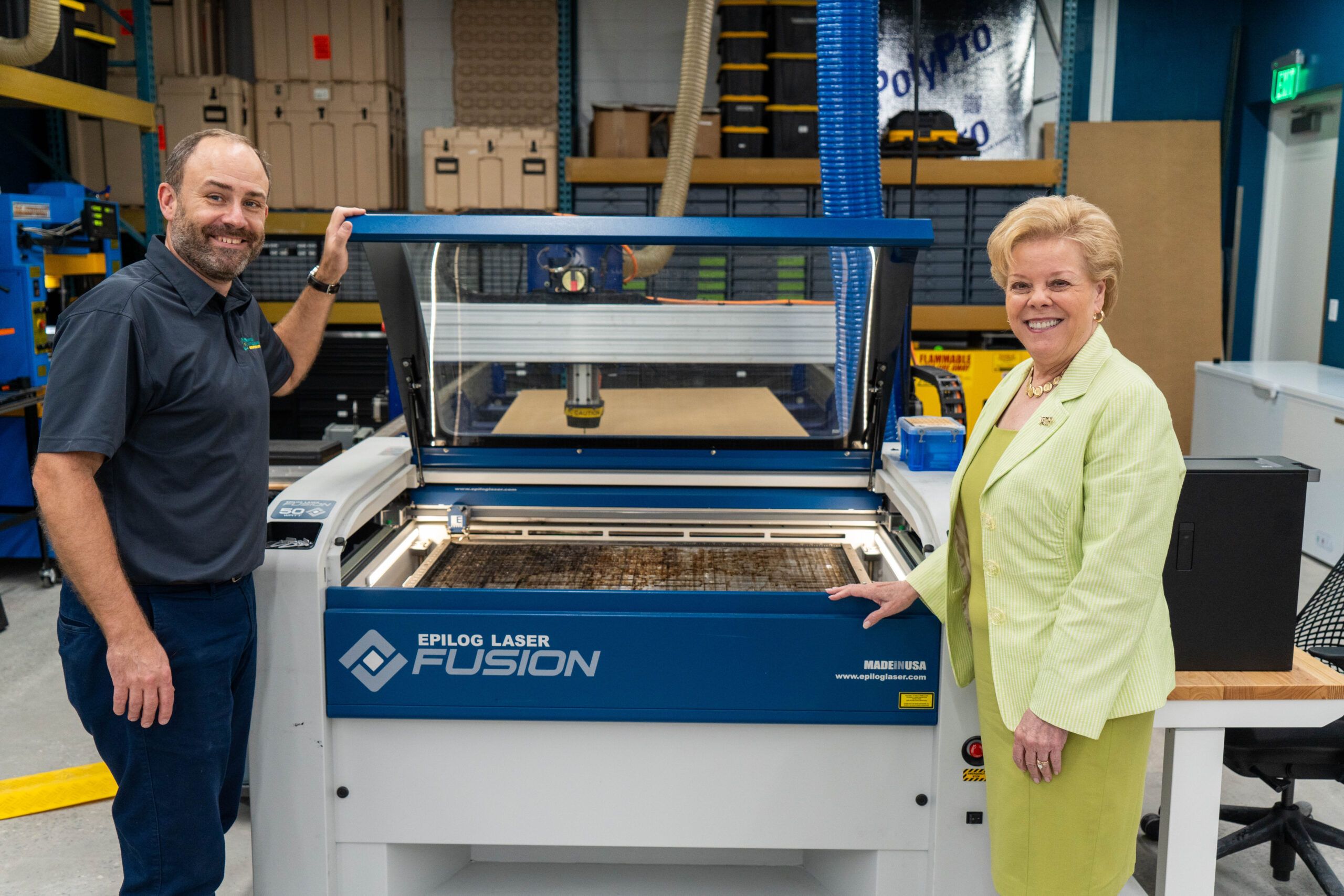By Federico Foli and Vera Anderson
As organizations continue to engage in digital transformation, it is important to remember what is driving the success of these projects. Focusing on the technology itself can uncover inefficiencies within an organization’s operations, and culture, that lead to undesirable results. Here are some reminders of where the focus should lie at the leadership level, to successfully complete digital transformation projects with intended outcomes.
According to reports from McKinsey & Co. and Forbes, 70% of digital transformations fail. Large companies with access to an abundance of resources, and top international talent, such as GE, Ford and Procter & Gamble, have hit roadblocks integrating digital solutions into their businesses at great cost and loss of time and advancement.
Why do these organizations fail at implementing digital transformation strategies? Many of them look at technology as a savior to their current business challenges. The reality is it all goes back to the people within the organization who drive the change and the adoption of new technology.
There is no doubt that technology is a strong enabler for every business to embrace and leverage change. It is a big part of the evolution of our society at business and individual levels. How many of you remember the time before smartphones, apps, games and a plethora of social media choices? Now consider: would you be able to get through a day without your phone? Most would say no.
What makes this technology, phones and apps, so addictive is that we can’t imagine, or run, our lives without them now. The same will happen with the digital transformation in businesses. At some point in the future, all businesses will have technology running every aspect of the business, from customer engagement to internal operations and finance, to future growth and expansion plans. All powered by artificial intelligence and secured by blockchain residing in physical and virtual worlds. But at this point, the speed of adoption and integration of these technologies still depends heavily on the people.
Organizations that mainly focus on the technology side of transformation come up short, forgetting that the technology component is only the enabler and not the driver of transformation. A successful digital transformation project starts with the leadership’s ability to:
• Understand and define what digital transformation means for the organization and the brand, short-term and long-term.
• Deliver a clear, consistent and engaging communication of this vision to the entire organization to create a buy-in at all levels.
• Foster a culture of innovation where technology in the hands of the right people is used to create new solutions for the present and for the future.
Organizations where people drive transformation, enabled by technology, are more likely to succeed with digital transformation projects. They create synergies among the leadership, the vision, the culture, the people and the technology, giving them a clear mission and a fulfilling, common goal. This fosters a resilient, and sustainable, approach to managing inevitable difficulties, and surprises, and making the adjustments that must be made along the way. This is further explained in the book by Federico Foli, The Mindful Leader, The Sound of Business.
The pandemic, and its aftershocks, have clearly demonstrated that the people, the human capital, are the key components of any organization, big or small. Offering a steady paycheck and benefits are not enough to keep top talent and see them engaged and committed to one workplace. People at all levels of the organization, from the C-level to the lowest ranks, are reconsidering their priorities in life, resigning or taking time off, pursuing their dreams or going into retirement.
This phenomenon, one might argue, is the reason all companies are in a race to begin, complete or expand their digital transformation projects, in addition to adapting to the remote workforce and business development. Some of these short-term solutions, and workarounds, can be considered permanent if they align with the bigger vision, and mission, of the organization. Others create more work, screen fatigue and frustration for people of all levels, decreasing the motivation to proceed with the digital transformation projects going forward.
So, what would it take to succeed with digital transformation projects when the headcounts are dropping, the competition for customers is coming out of left field and market expectations for the public companies, in particular, stay the same? The answer is simple: by creating a human-centered approach to digital transformation, more organizations will succeed in this area.
These humancentric fundamentals are important to any organization; however, they are critical to successfully completing digital transformation projects:
• Putting people first by providing more transparency, collaboration and autonomy to the right individuals.
• Providing support, mentoring, and coaching to all the members of the organization from CEO to administrative staff as all people react differently to changes.
• Creating an engaging, and energized, environment where the right behaviors and outcomes are incentivized for faster adoption.
• Curating diverse teams that encompass the right skills and capabilities to bring the digital transformation projects to completion.
By positioning the technology as the enabler of digital transformation, and not the main driver, organizations will see greater success with the implementation of their digital transformation strategies.
You can find the first article in this series on change-ready organizations here.
Vera Anderson is an international business mindset and legacy coach. Contact Anderson for a consultation at [email protected] or on LinkedIn at vera-anderson.
Federico Foli is a senior executive with more than 25 years’ experience leading global companies. To learn more, visit federicofoli.com.














